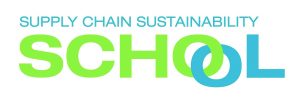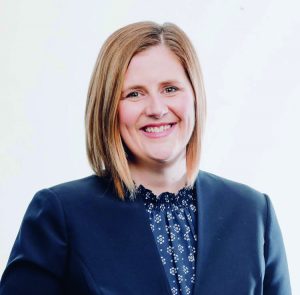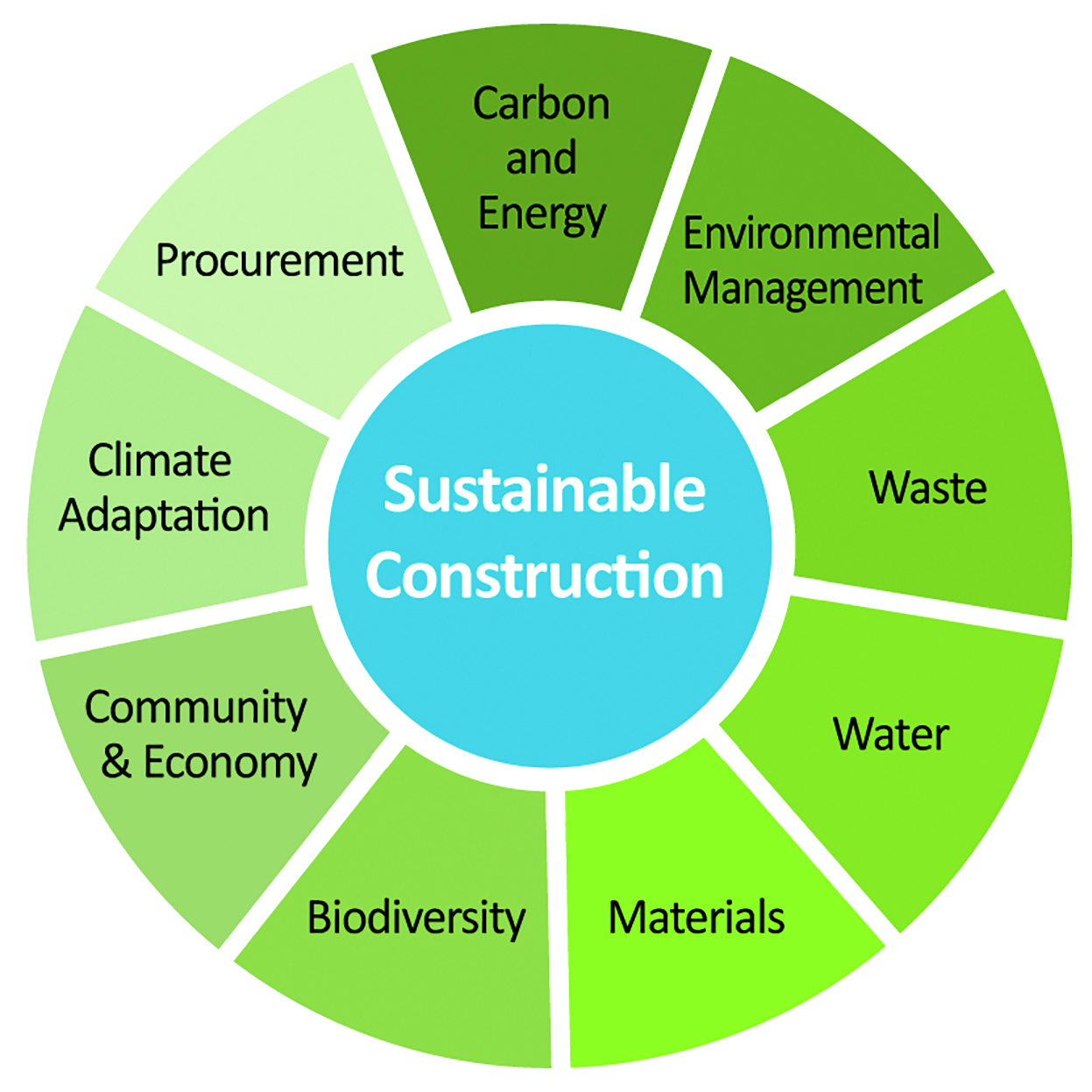Get to know the Supply Chain Sustainability School
Sustainability has been a buzzword floating around the industry for some time now. Some people get it. Some people don’t. Much of the ‘don’t’ camp has likely been put off by the ‘tree hugging, extreme group’ stigma associated with the ‘S’ word. But an e-learning platform, started in 2015, is working hard to ensure that stigma is put to bed. Justin Felix reports.
The Supply Chain Sustainability School is essentially a collaboration of partnerships between some of Australia’s biggest players in the construction industry to achieve one common goal: sustainability knowledge and competency along the construction and infrastructure supply chains.

It isn’t just for the big guys either. With an emphasis on supporting small-to-medium enterprises, the School achieves the aforementioned goal by providing free e-learning, information and face-to-face training for construction and infrastructure suppliers, contractors and service providers.
Companies, teams or individuals that sign up can access a wealth of free resources and tools to meet increasing sustainability demands and performance benchmarks, and to help build clever, collaborative and competitive construction and infrastructure sectors.
FULL CIRCLE
Hayley Jarick took over as CEO in May, and after being an Advisory Board member during the school’s inception, she’s excited to come back and apply knowledge garnered from her time with the Infrastructure Sustainability Council of Australia (ISCA) where she initiated the ISupply program and BlueScope Steel where she championed the marketing of steel’s sustainability credentials. She’s as passionate as ever about the movement too.

“Once you get into sustainability it’s really hard to get out of it because it’s one of the most fulfilling jobs you’ll ever have,” Hayley explains.
“It’s so rewarding across so many aspects. There aren’t too many other jobs that would allow me to sit in front of something tangible with my grandchildren one day and explain how our actions made a massive difference to their lives. How could you say no to a role like that?” Hayley exclaims.
Over the past year or two Hayley has noticed a strong growth curve in the social sustainability aspect of things and believes the concepts of industry reporting and ethical governance of corporations is coming into view more strongly than say 5-10 years ago.
“I think social sustainability becoming more mainstream. When I first got into sustainability, it was dominated by environmental sustainability. But now it’s definitely evolved into that initial concept of what sustainability is, which is making sure our grandkids have the same or more options available that we have today.”
There’s a lot of information on sustainability out there in the industry and online but as Hayley explains, the School, in response to calls from the industry, aims to be that single point of truth.
“All the resources we develop are essential to everybody. If we can get as many people talking the same language about the basics, then we can enable innovation to happen in a more sustainable way.”
DO A LITTLE BIT NOW
It’s easy to see why the big players would benefit from such a service, given the procurement process now requires a more holistic approach that looks far beyond cost alone, but for the smaller builders, it can be hard to see the benefits of such a school. Hayley explains why you need to be aware of sustainability in the construction industry.
“The key message I have for everyone in small to medium businesses is this: if you want your business to be around in five years time, then you have to start evolving today for what that world is going to look like. if you don’t want to keep playing that race-to-the-bottom game and you want to put your business out there as something more valuable than the baseline, then you’re going to have to diversify in some way, shape or form in this realm.
“That doesn’t mean you have to target every element of sustainability in one hit, but I’d encourage you to find your niche. Find what works for you and understand how to communicate that when you’re selling your business as a subcontractor, so that people are fully aware of what your sustainable value proposition is.”

Hayley has drawn inspiration from the Teaspoon for Change Movement whereby she encourages business to slowly gather their momentum and value by doing ‘a little bit now’.
“If you want to figure out how to position your business as something that the big players consider is worthy of having a relationship with on a consistent basis in the future, then there’s a stack of free resources available that can help to bring you up to speed.
“Sign up and do 10 minutes. Do a half hour e-learning course or watch a five-minute video. Just do something to help you compete.”
If you’re interesting in joining the school, you can take advantage of its benefits in a number of ways. You can sign up for a free membership and go through the entire resource library and find something of interest to you or you can do a self assessment designed to help you assess your company’s current sustainability strengths and to identify the areas in which you can develop your competence. From there, the sky really is the limit.
CONTACT
Supply Chain Sustainability School
www.supplychainschool.org.au
